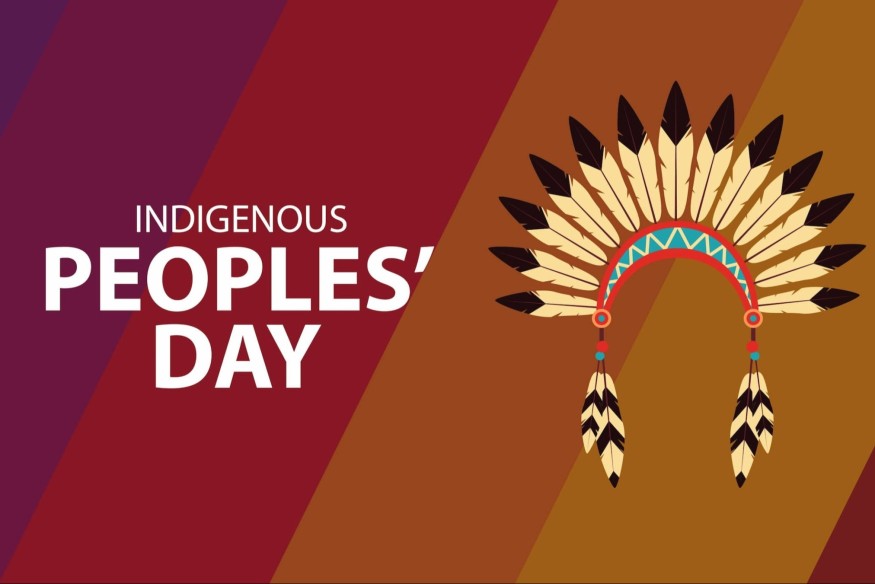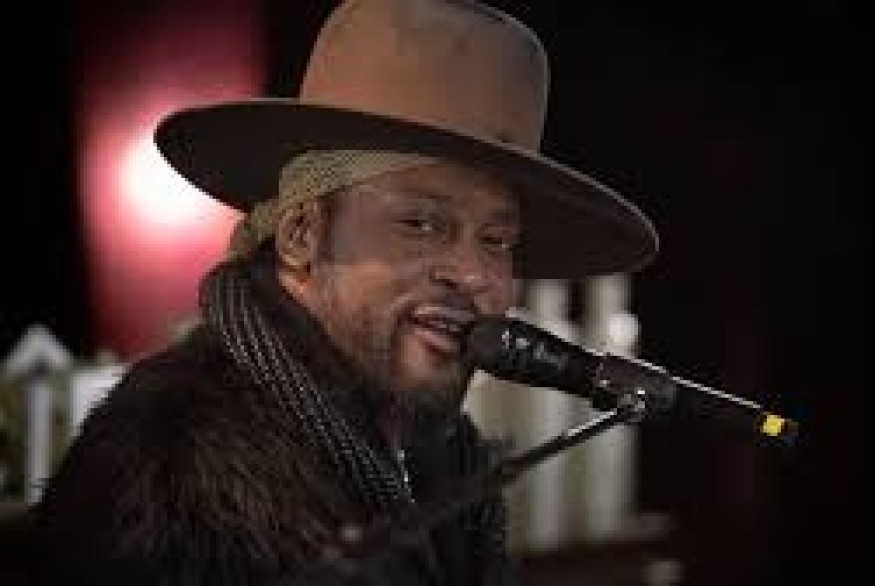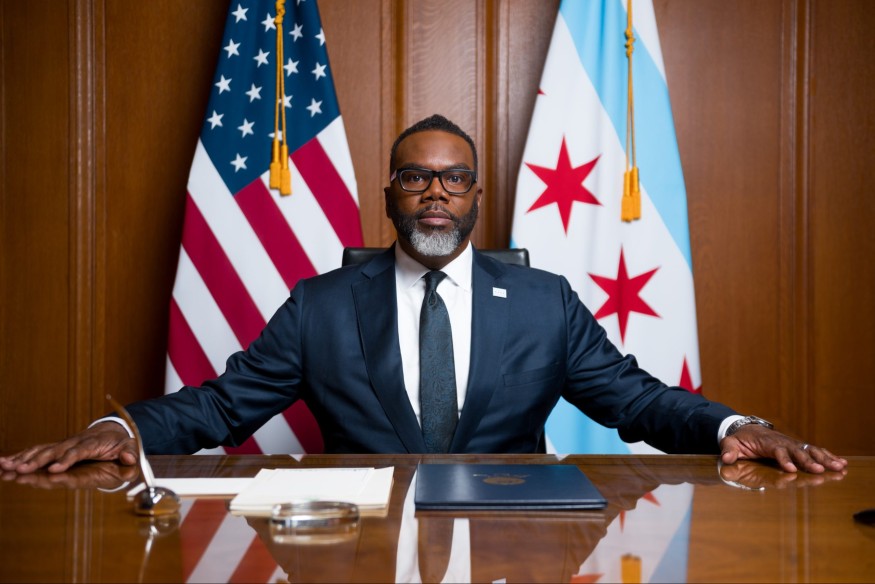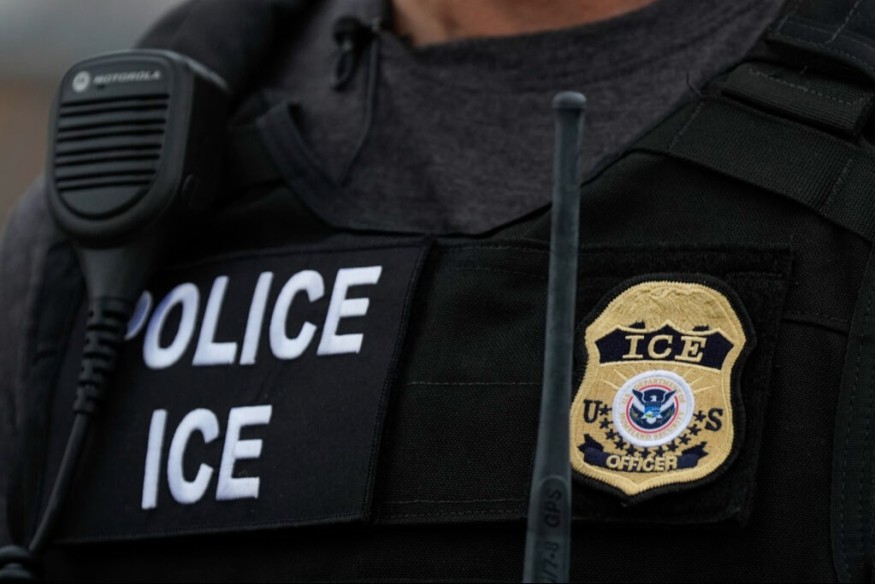
June 15, 2025
Father's Day, a cherished celebration dedicated to honoring the paternal figures in our lives, has a rich history that spans over a century. While the first Father’s Day was celebrated in 1910, it took more than six decades for the day to become an official national holiday. The journey of Father’s Day is both fascinating and inspiring, reflecting the evolving recognition of the important role fathers play in the family and society.
The concept of Father’s Day was significantly influenced by the establishment of Mother's Day. Mother’s Day became a commercial holiday in 1908 and was officially recognized by President Woodrow Wilson in 1914. Wilson declared the second Sunday of May as a day to honor "that tender, gentle army, the mothers of America." Despite the swift acceptance and official recognition of Mother's Day, the country was slower to establish a similar day for fathers.
In 1909, after hearing a Mother’s Day sermon, Sonora Smart Dodd of Spokane, Washington, was inspired to create a holiday that celebrated fathers. Born in 1882, Dodd was raised by her father, William Jackson Smart, a twice-married, twice-widowed Civil War veteran with 14 children. Her desire to honor her father’s "loving service" and the devotion of all fathers like him fueled her determination to establish Father’s Day.
In 1910, Dodd brought a petition before the Spokane Ministerial Alliance to recognize June 5, her father’s birthday, as Father’s Day. The local clergy were supportive of the idea but needed more time to prepare for such an event. They proposed celebrating on the third Sunday in June instead, allowing them more time to organize a proper tribute to fathers.
The first Father’s Day was celebrated in Spokane on June 19, 1910. It was a modest event, but it marked the beginning of a movement to establish a dedicated day for honoring fathers across the United States.
The road to national recognition was gradual. In 1916, President Woodrow Wilson recognized Father’s Day, although it was not yet an official holiday. Eight years later, in 1924, President Calvin Coolidge urged states to observe the holiday, lending further support to the idea. Despite these endorsements, Father's Day remained an unofficial celebration for several more decades.
The push for official recognition gained momentum in the mid-20th century. In 1966, President Lyndon B. Johnson issued the first presidential proclamation honoring fathers, designating the third Sunday in June as Father’s Day. This proclamation was a significant step toward national recognition, but it wasn’t until 1972 that Father’s Day was officially established as a permanent national holiday by President Richard Nixon.
Sonora Smart Dodd lived to see the fruits of her efforts, passing away in 1978. Her legacy is a testament to the power of dedication and the impact of honoring the "courage and devotion of all fathers." Through her determination, Dodd ensured that fathers, like her own, received the recognition they deserved for their contributions to their families and society.
Today, Father’s Day is celebrated with enthusiasm and love across the United States and in many countries around the world. Families come together to honor their fathers with gifts, special meals, and expressions of gratitude. The holiday serves as a reminder of the enduring importance of fathers and the unique and irreplaceable role they play in the lives of their children.
As we celebrate Father’s Day, we can reflect on its history and appreciate the efforts of those like Sonora Smart Dodd, who worked tirelessly to ensure that fathers received their due recognition. Father's Day is more than just a day for gifts and cards; it is a celebration of the love, sacrifice, and dedication of fathers everywhere.





Comments(0)